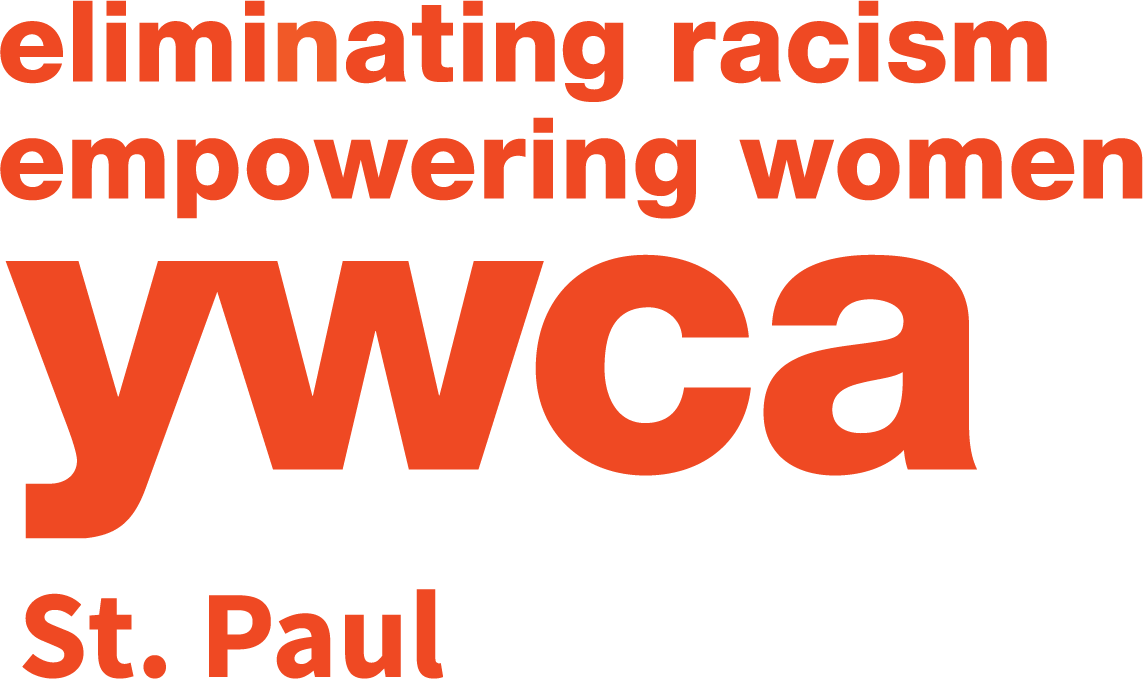Too often the contributions of women married to great men pale in the shadows of their spouse’s accomplishments. Every year we celebrate the work of Dr. Martin Luther King Jr. on the third Monday of January marking the imprint his commitment to nonviolent activism has made on our lives and the world. However, Dr. King’s legacy would not be what it is today without the work of Coretta Scott King.
Becoming one of the most influential African American leaders of her time, Coretta Scott King began her lifelong commitment to human rights and social change at Antioch College.
Challenging the status quo, Scott King began attending meetings about unfair labor practices and the treatment of Black workers. In her memoir, Scott King credited Antioch College with preparing her for her role in the civil rights movement, stating “the college’s emphasis on service to mankind reinforced the Christian spirit of giving and sharing” and provided “a new self-assurance that encouraged me in competition with all people”1 (p. 43).
While furthering her study of Music at Boston’s New England Conservatory of Music, Scott King met her future husband, Martin Luther King Jr. The couple married in 1953 and one year after graduation moved to Montgomery, Alabama. Martin Luther King Jr. became pastor of Dexter Avenue Baptist Church, a center for the Civil Rights Movement. Here, the couple developed tactics of passive resistance and non-violence while growing their family.
Coretta Scott King played a critical role in many civil rights campaigns of the 1950s and 1960s while raising their four children. The unseen care taking and logistical planning that are traditionally viewed as “women’s work” are the fundamental backbone of any movement.
Relying on her musical education, Scott King performed at and organized freedom concerts across the South as the major fundraising source for the Southern Christian Leadership Conference (SCLC). Scott King was not listed as an official founder of SCLC, but she was very active as an unofficial advisor, leader, and fundraiser for the organization.
By the age of 39, Coretta Scott King had traveled the world, was a peace delegate in Switzerland, marched in Selma, was on the FBI watchlist for speaking out against the Vietnam war, survived regular death and bomb threats, was a widow with four children, and suddenly the bread winner of her family. Her husband did not die a rich man; his most valuable possessions were his writings, ideas, and body of work.
Tapping into her brilliance as a fundraiser and organizer, in 1968, two months after her husband’s assignation, Scott King founded The King Center, a nonprofit dedicated to preserving the work and legacy of Dr. Martin Luther King Jr. One of today’s largest attractions in Atlanta, Georgia, The King Center provides programming and training in nonviolence, and owns the largest repository of primary source materials on Dr. King and the American civil rights movement in the world2. Scott King’s leadership and perseverance resulted in this national treasure.
Further, with the deep commitment to community and equality, Coretta Scott King spearheaded a campaign throughout the 1970s and 1980s, to establish a national holiday in Dr. King’s name. It took fifteen years of lobbying and persistence, before the holiday was finally approved by the federal government in 1983. Seventeen years later, in 2000, all fifty states finally recognized Martin Luther King Jr. Day as a national holiday. This is the only federal holiday designated as a National Day of Service, in the spirit of Coretta Scott King, to encourage all Americans to do the fundamental, behind-the-scenes work and caretaking of their communities.
Coretta Scott King, the matriarch of the civil rights movement, dedicated her fifty-year career to spreading the message of nonviolence and social change. In her own words, “We have inherited a sacred responsibility to history, and a legacy born of tragedy. This is not something we wanted, but it was something we could not walk away from.”3
1 My life with Martin Luther King, Jr. By Coretta Scott King
2 https://thekingcenter.org/about-tkc/about-mrs-king/
3 https://www.npr.org/transcripts/5180768
